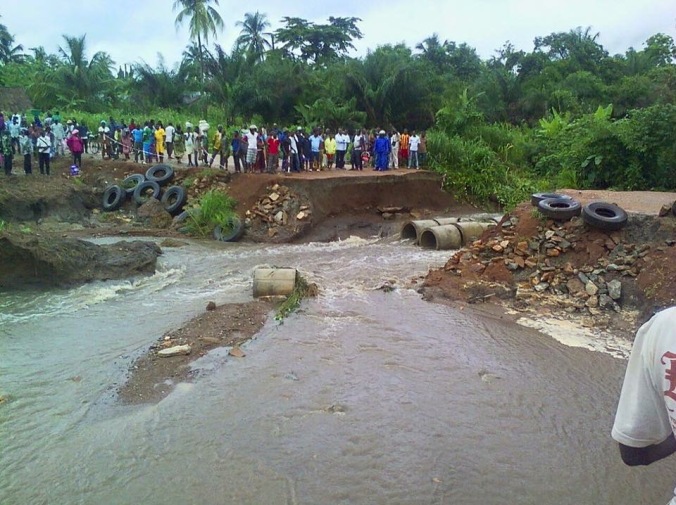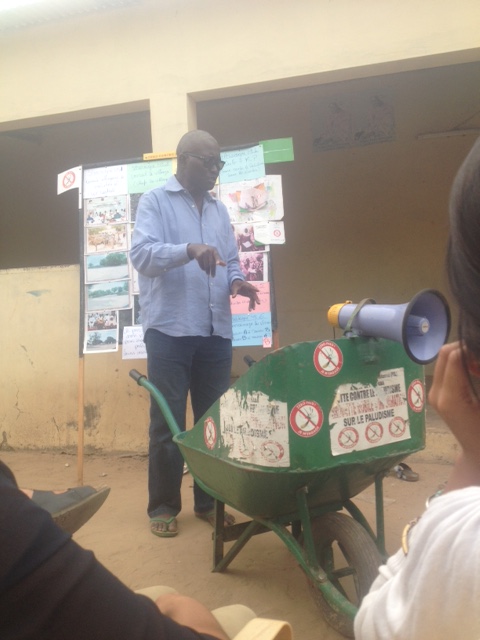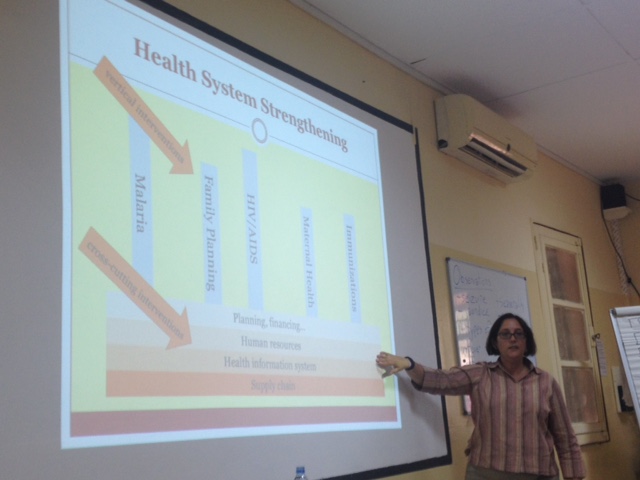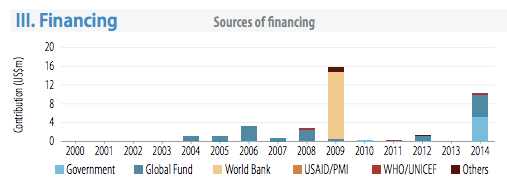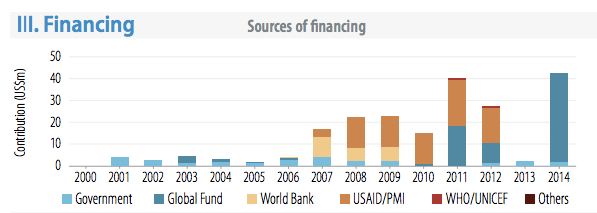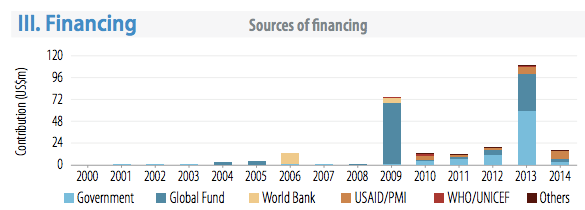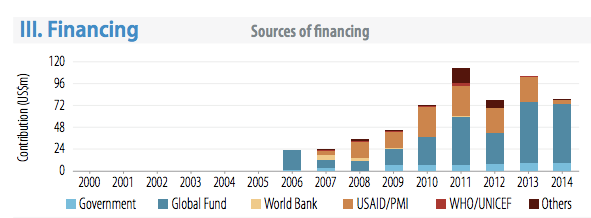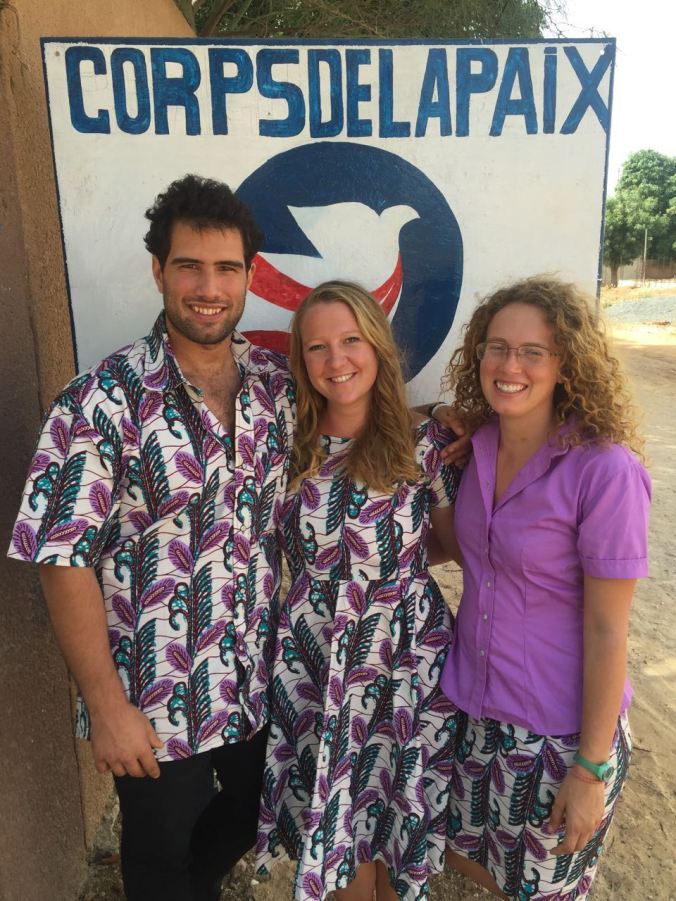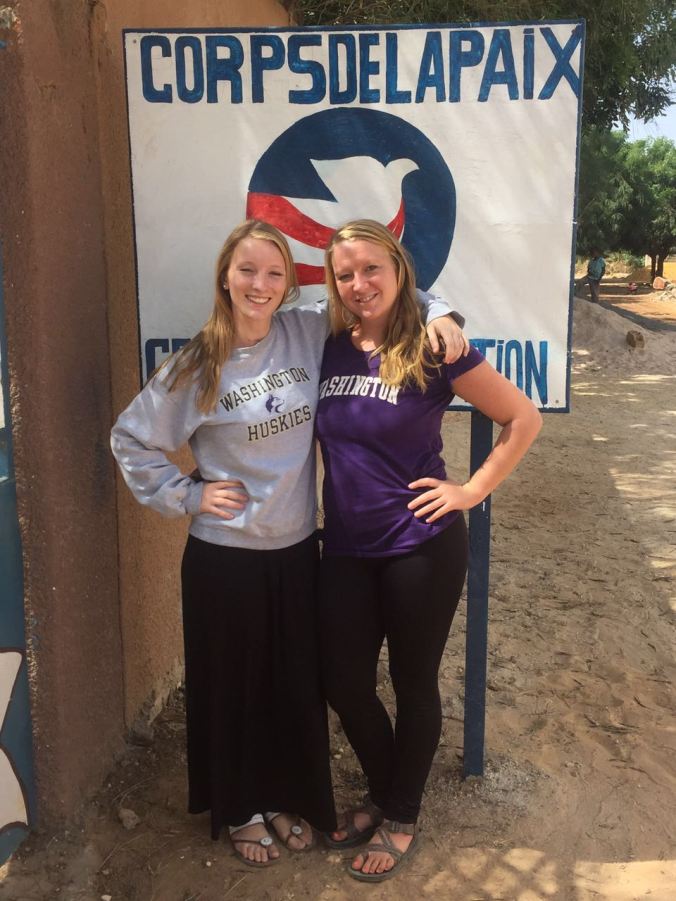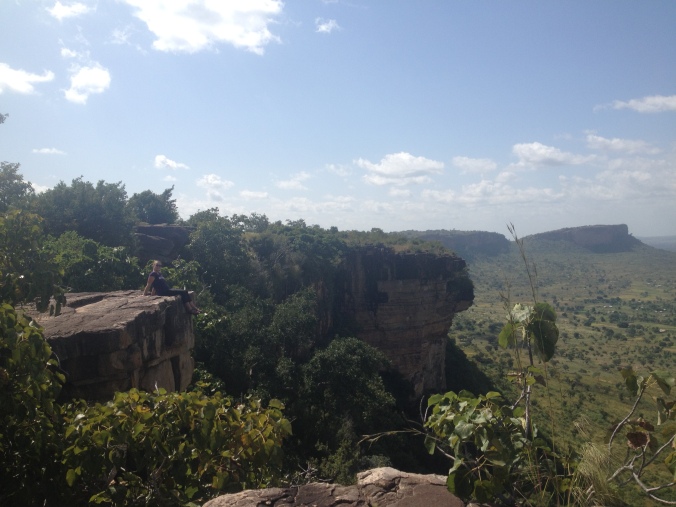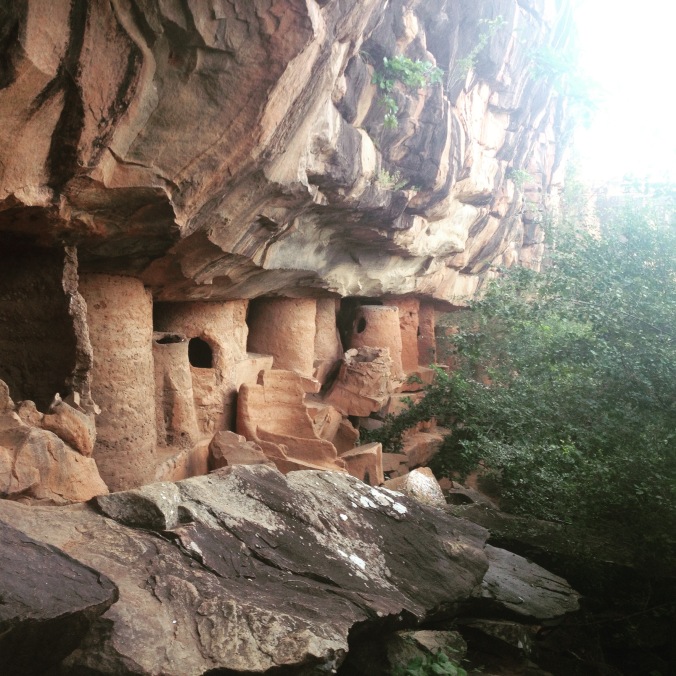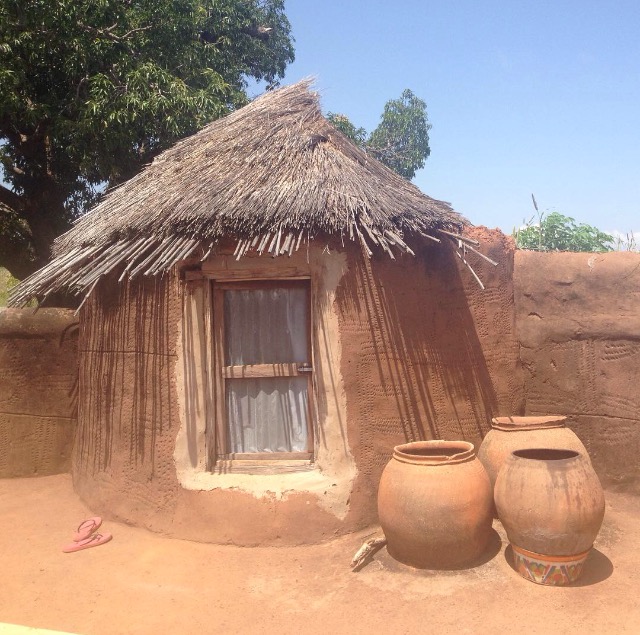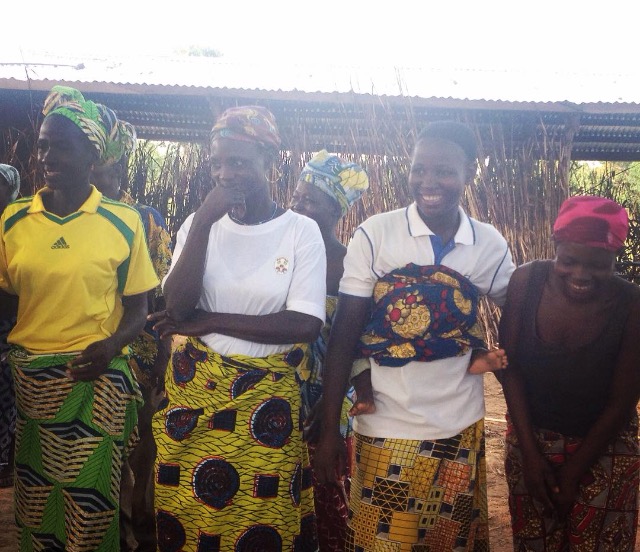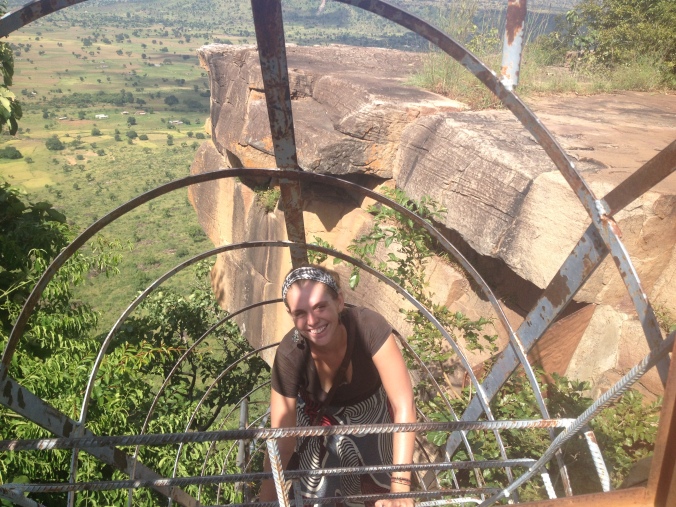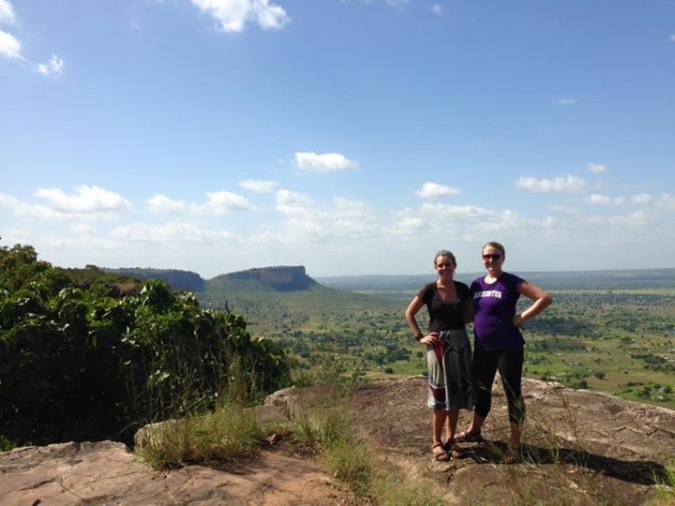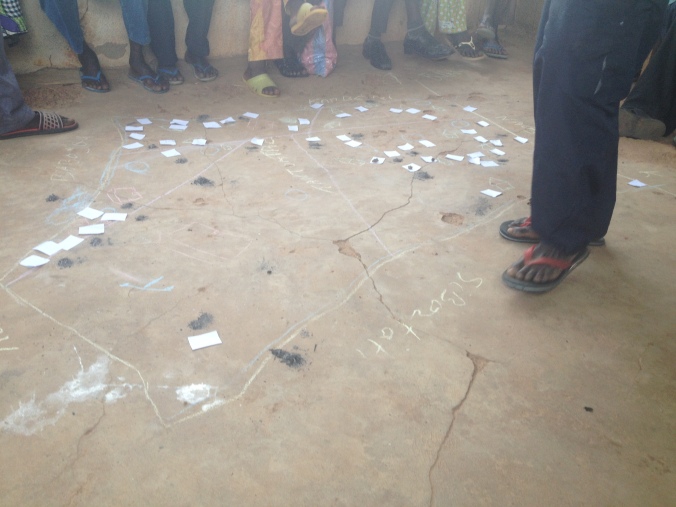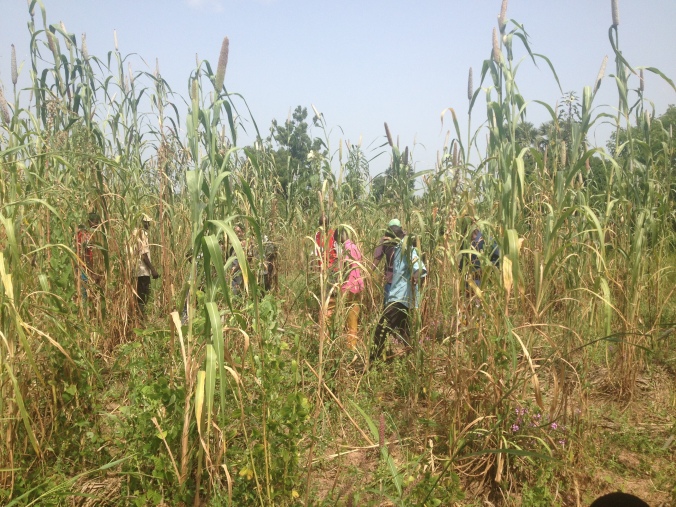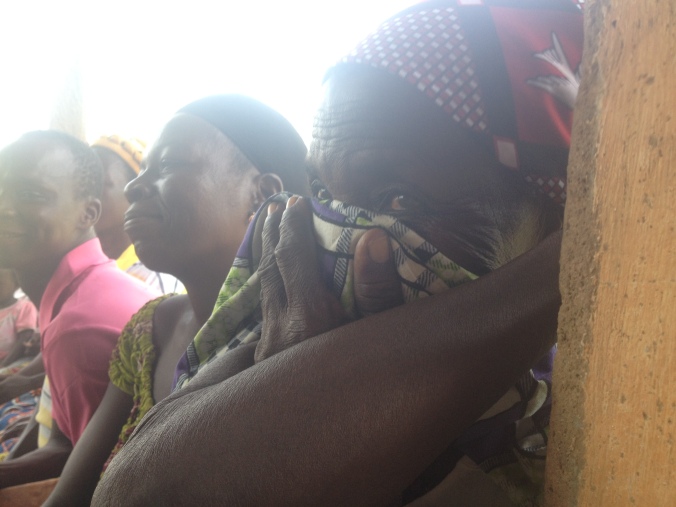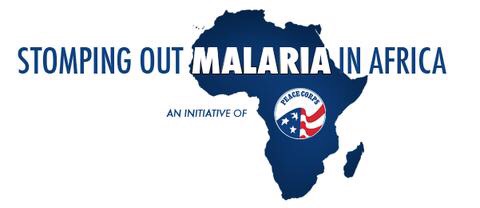After the STOMP out malaria conference I took 4 days of vacation to travel around Senegal over Thanksgiving.
Erica (another Togo PCV) and I joined a group of Senegal and Madagascar volunteers to travel up to Saint Louis. We spent a couple days eating wonderful food, listening to music, and shopping at the market. Saint Louis was the former capital of French West Africa and the first place to be colonized by the French, it is a long island that is connected to the mainland by a bridge built by the same architect that built the Eiffel Tower. The colorful colonial houses used to house the French and in the center is the Governor’s mansion.
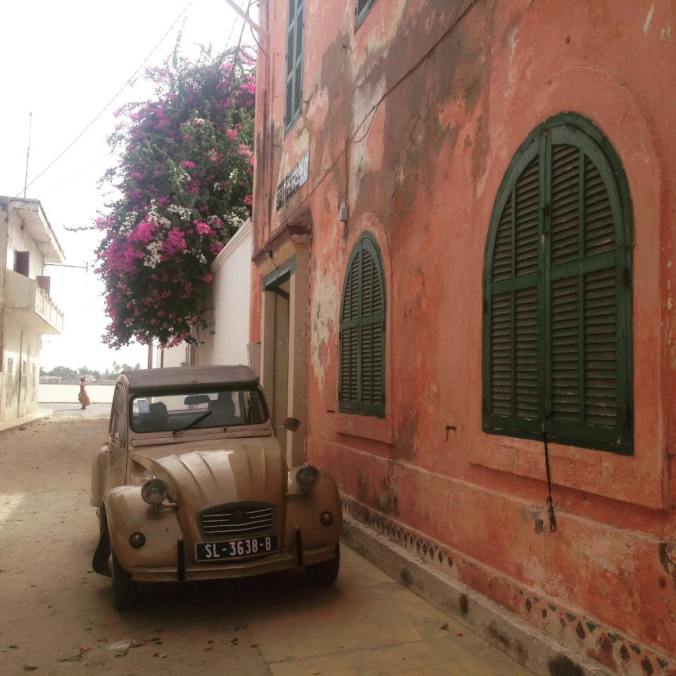
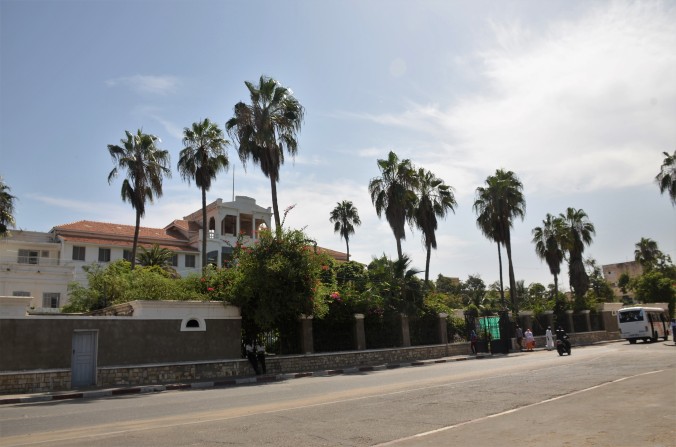
On the way down to Dakar we stopped in the desert to ride camels across the sand dunes in Lompoul.
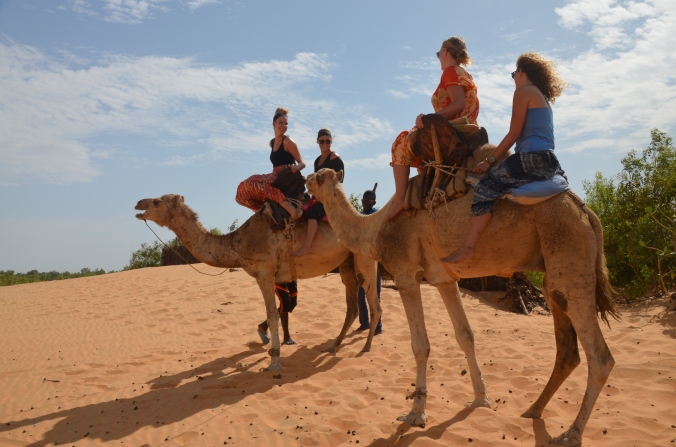
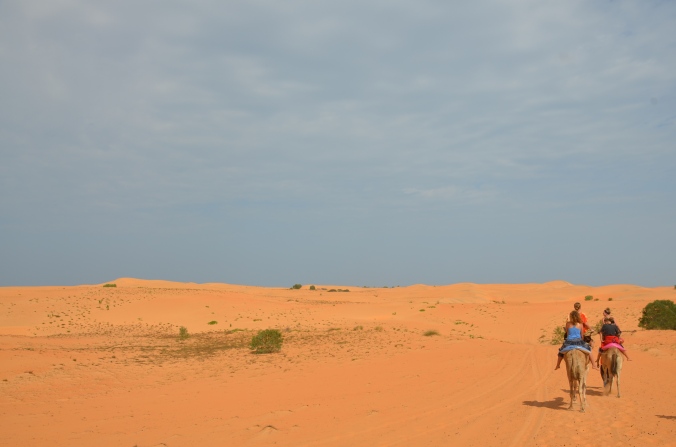
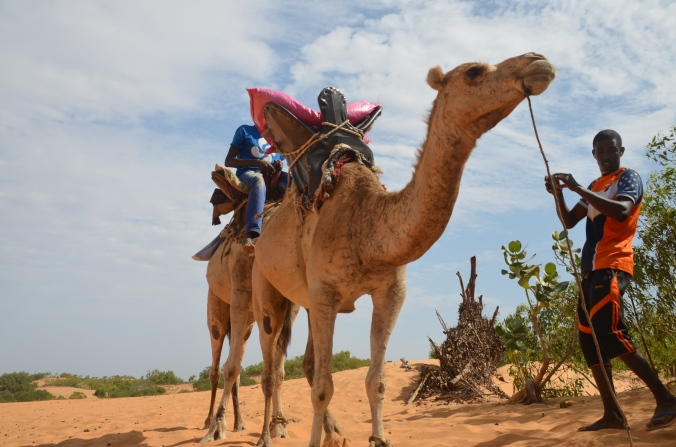
Dakar was by far my favorite part, we only had thanksgiving in there, but it was an incredible day. We started with French pastries and espresso before getting on the ferry to Goree, an island previously used by the French to facilitate the entire West African slave trade. We visited the house where slaves were kept, but due to the rocky coast few were shipped out through Goree in comparison to the slave castles I visited in Ghana. Goree is a beautiful island that doesn’t allow cars and is full of art and crafts markets. We wandered around the cobbled streets for the morning and ate seafood on the beach before taking the ferry back to Dakar.
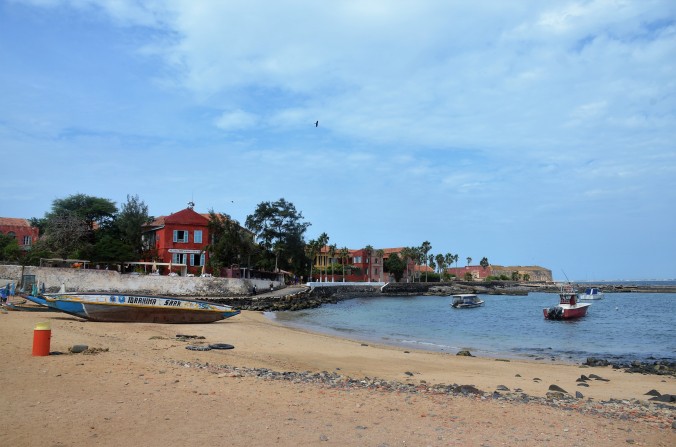
With only one day in Dakar we rushed in a taxi to the North of Dakar to take a fishing boat to Ngor island. We managed to stop along the way for Touba coffee, something I became addicted to in my time there. It’s street coffee mixed with spices sold out of a giant pot.
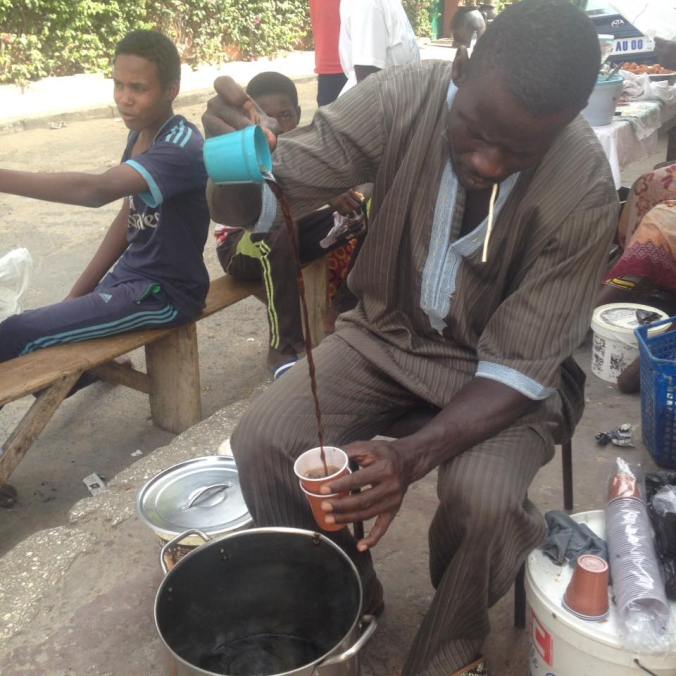
Ngor, a beautiful little island known for its surfing has crystal clear waters. One end of the island sits facing Dakar with calm, clear waters and the other side is a rocky coast with huge waves crashing on the cliffs. We walked along the sand paths in the maze of houses and then sat on the beach with beers to watch the sun set. After a swim, we took a boat back to Dakar to splurge on sushi for Thanksgiving dinner and caramel cheesecake for dessert. I seriously could have cried it was so beautiful. We then went back to our air bnb with hot showers and AC, and took turns face timing with our families at home.
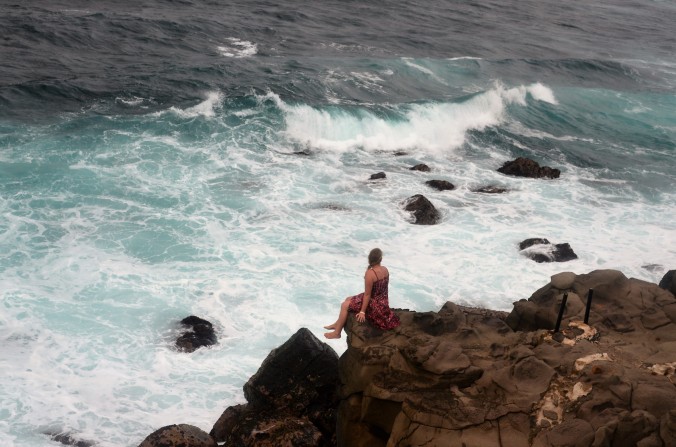
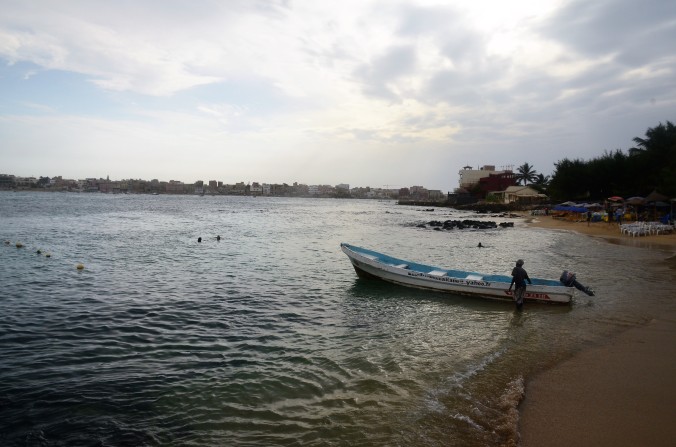
Senegal and Togo are both formerly colonized by the French, but Senegal was an interesting combination of French West Africa and Moroccan culture. It was much drier and cooler than it currently is in Togo, which was a welcome change. The food was exceptional, each day at the conference we would gather on the floor around a large plate with rice or couscous and chicken, beef, or fresh fish in different sauces. Another gem of Senegal was the clementines that are imported from Morocco, so much better than the bitter green oranges in Togo. Horse drawn carts were commonly seen as a form of transportation as well as a method of trash collection or shipping larger objects.
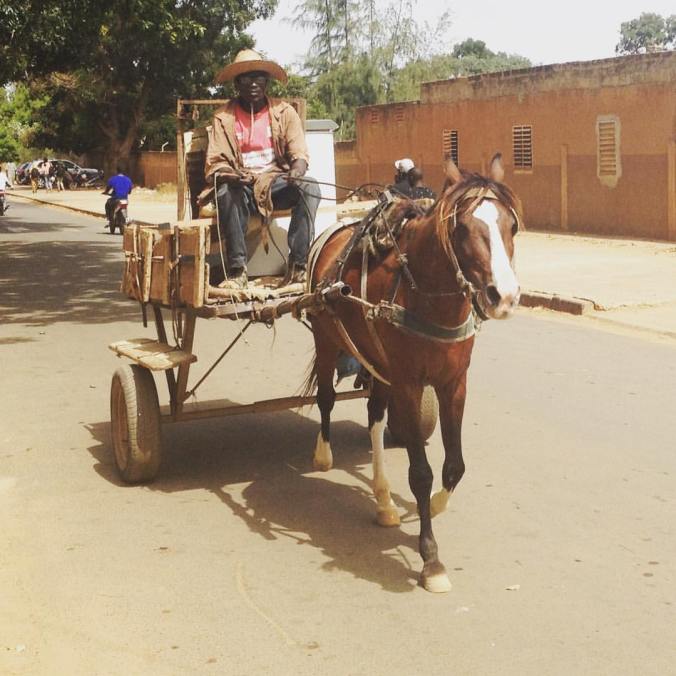
Because it is that time of year and I am 18 months into Peace Corps service in Togo I am going to be cheesy and reflect on all the things I am so thankful for, because if I have learned nothing else from my time here it is that there is so much to be grateful for.
1) My supportive and generous family who I miss dearly every day.
2) Access to food and water, something that I often struggle to find and so much effort goes into obtaining everyday.
3) My work as a Peace Corps Volunteer- I love my job with the highest highs and lowest lows. At no point in 18 months have I felt that I shouldn’t have made this choice.
4) My Peace Corps Volunteer Family without whom I would have lost my mind.
5) My Togolese host family who have kept me alive, caught all the mice, killed snakes, taught me, laughed and cried with me.
6) My friends in Seattle that send me care packages and love when I need it most.
7) My health and access to healthcare- working here I have seen some horrific illnesses, tragic deaths, and too many people without the means, education, or ability to receive healthcare.
8) My work partners in Goudeve- Eli, the Community Health workers, and my women’s group that give me hope for development.
9) My education- 62 million girls don’t have access to an education, over a million of which are in Togo.
10) Being accepted into grad schools and my next adventure getting a Masters in Global Health and Public Policy at University of Edinburgh!
11) The professors at UW who have mentored and guided me through Peace Corps and applying for grad school.
12) My ability to travel, and experience new cultures and places.
13) All the amazing food and wine.
14) Good books, I never want to stop learning new things.
15) Gold bond, not even kidding. This is the secret to my success.
The list could go on forever. Happy Thanksgiving y’all!
I put all the photos on Flickr if you want to see more.
https://flic.kr/s/aHskHgdfXG
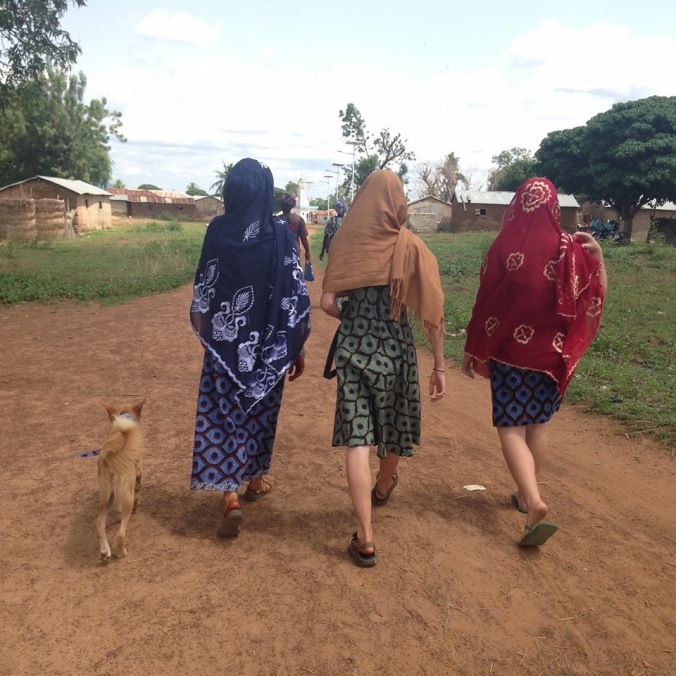 P
P